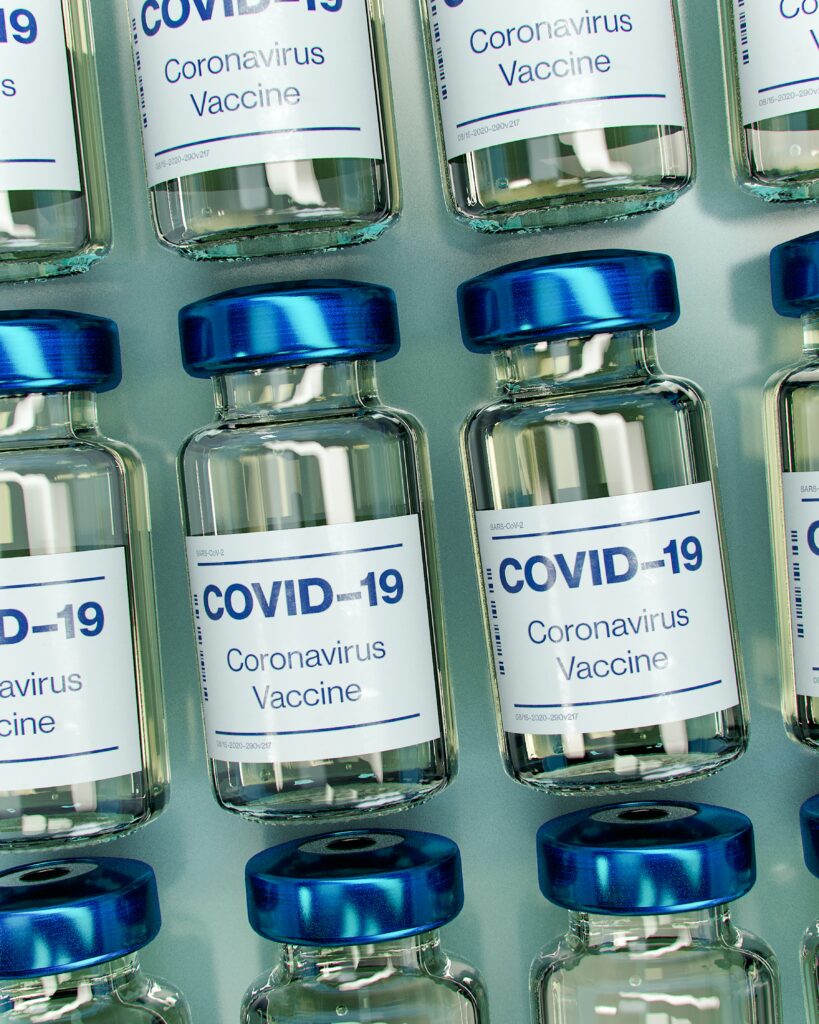Employment Law Report
Vaccines Are Available, Now What? FAQs on Vaccination and the Workforce

With COVID-19 vaccination more available with each passing day and President Biden’s statement that all adults in the U.S. will be eligible for vaccination by May 1, 2021, employers are facing difficult questions in regard to their workforce. Here are answers to some frequently asked questions about employees and vaccination:
Can an employer ask a candidate whether they are vaccinated? Yes, but only if it is necessary for the job and would be considered a job-related requirement.
Can an employer require employees to take the COVID-19 vaccine if they qualify? Since all COVID-19 vaccines currently available are in emergency use authorization status, this is an open question. 21 U.S. Code § 360bbb–3 requires the secretary of Health and Human Services to “ensure that individuals to whom the product is administered are informed … of the option to accept or refuse administration of the product.” Some have argued that this statute prohibits employers and others from requiring vaccination with a COVID-19 vaccine distributed under an Emergency Use Authorization, but others have argued that the statute does not concern employers. Under established employment law, employers may require their employees to obtain a particular vaccine, if there is a job-related reason for doing so. However, even in these circumstances, employers who require vaccination must make reasonable accommodations to individuals who may not be able to take a vaccine due to disabilities or religious reasons unless there is an undue hardship to the employer.
Does asking an employee whether they received a COVID-19 vaccine qualify as a disability-related inquiry? No. Requesting proof of receipt of a COVID-19 vaccination is not likely to elicit information about a disability and, therefore, is not a disability-related inquiry. However, employers should be careful when asking follow-up questions such as why an individual did not receive a vaccination. The follow-up questions may elicit information about a disability and would be subject to the pertinent ADA standard that they be “job-related and consistent with business necessity.” If an employer requires employers to provide proof that they have received a COVID-19 vaccination from a pharmacy or their own health care provider, the employer should warn the employee not to provide any medical information as part of the proof in order to avoid implicating the ADA.
Does asking an employee whether they received a COVID-19 vaccine violate Title II of GINA? No, because it does not involve the use of genetic information to make employment decisions, or the acquisition or disclosure of “genetic information” as defined by the statute.
Does the collection and processing of vaccination information raise data privacy and security risks? Yes.Even if making the request is not a disability-related inquiry, it may be considered a medical inquiry, and the employee’s response is considered confidential medical information. While not subject to HIPAA in the employer-employee context, this information still may have protections under state statutes and/or common law. Statutory and common law obligations require employers to safeguard employees’ personal information, which may include information about their physical health, such as vaccination status. Because of this, maintaining reasonable safeguards to protect such information is prudent. Some safeguards include: (i) establishing access management measures and record retention and destruction policies; (ii) having clear guidelines for disclosures of this information; and (iii) determining whether an authorization is needed before such information may be disclosed or accessed by a third party.
These measures will become even more necessary when COVID vaccine passports become prevalent. While early commentary suggests it will be legal to ask employees for proof of immunization through vaccine passports, there are still security issues that will have to be addressed, especially since the vaccine passports will likely be electronic.
How should an employer who is requiring employees to vaccinate react to an employee who indicates that he or she is unable to receive a COVID-19 vaccination because of a disability?
The ADA allows an employer to require “that an individual [] not pose a direct threat to the health or safety of individuals in the workplace.” If a safety-based qualification standard, such as a vaccination requirement, screens out or tends to screen out individuals with a disability, the employer must show that an unvaccinated employee would pose a direct threat due to a “significant risk of substantial harm to the health or safety of the individual or others that cannot be eliminated or reduced by reasonable accommodation.” Employers should conduct an individualized assessment of four factors in determining whether such a direct threat exists: (i) the duration of the risk; (ii) the nature and severity of the potential harm; (iii) the likelihood that the potential harm will occur; and (iv) the imminence of the potential harm. A conclusion that there is a direct threat would include a determination that an unvaccinated individual will expose others to the virus at the worksite.
If there is a direct threat that cannot be reduced to an acceptable level, the employer can exclude the employee from physically entering the workplace, but this does not mean the employer may automatically terminate the worker. Employers will need to assess if other federal, state, and local authorities protect the particular employee. Further, employees with disabilities may not be excluded unless there is no way to provide a reasonable accommodation.
Employers and employees should engage in a flexible, interactive process to identify workplace accommodation options that do not constitute an undue hardship to the employer. This process should include determining whether it is necessary to obtain supporting documentation about the employee’s disability and considering the possible options for accommodation given the nature of the workforce and the employee’s position. The prevalence in the workplace of employees who have already received a COVID-19 vaccination and the amount of contact with others, whose vaccination status could be unknown, may impact the undue hardship consideration. Because of this, employers should reevaluate accommodations as time progresses and more of the workforce becomes vaccinated.
If you are in need of assistance in navigating any of these difficult questions or others relating to COVID-19 and/or vaccination, please reach out to a member of Wyatt’s Labor & Employment team.

